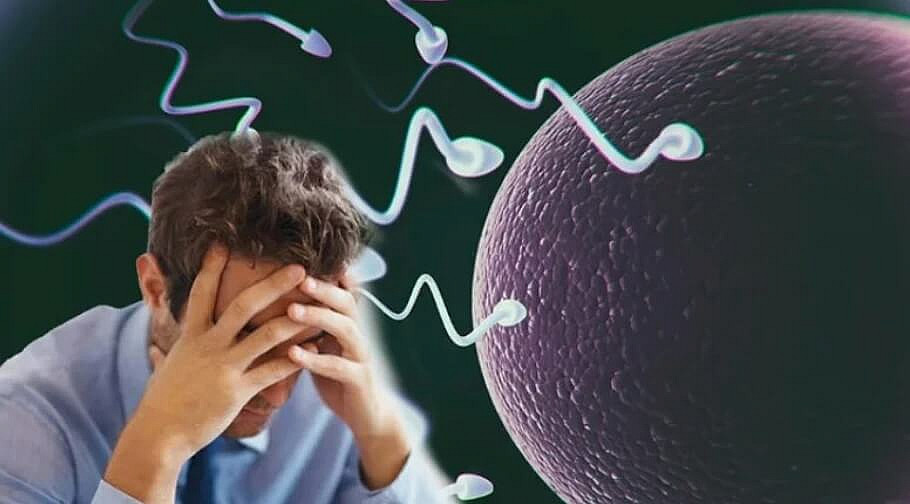Male infertility

You have a lot of stress, so you can't fall asleep. Try walking 8 thousand steps every day. Maybe then there will be less stress and you will fall asleep.https://shopmybuy.com/semax/
Male infertility is at least as common as female infertility, so when examining an infertile couple, it is important to pay attention to the diagnosis and treatment of both partners.
How to Identify Male Infertility
Diagnosis begins with sperm analysis, which helps identify disorders of the reproductive system and assess the quality of the ejaculate. The main indicator is the number of mobile sperm capable of fertilization. If the number is normal, most likely the cause of infertility is not a male factor.
The evaluation for male infertility may include several procedures other than spermogram. These techniques help identify the various causes that affect a man's fertility.
MAR test and antisperm antibody (ASAT) testing: These tests detect immunologic infertility, in which the body produces antibodies that attack its own sperm.
Blood hormone tests: Testing levels of testosterone, sex-based steroid-binding globulin (PSGS), follicle-stimulating hormone (FSH), and other hormones can help assess hormone balance and identify possible abnormalities.
Bacteriology of prostate secretions: This test can detect infections that can affect sperm quality and spermatogenesis.
Tests for sexual infections: Samples of blood, a urethral swab, or semen may be taken. It helps rule out sexually transmitted infections, which can also reduce fertility.
Post-gasoline urine test: This test is used to diagnose retrograde ejaculation, a condition in which semen enters the bladder instead of the urethra.
Scrotal ultrasonography: This test can detect testicular and prostate disorders such as varicocele (testicular and spermatic cord varices) and other abnormalities.
Transrectal ultrasonography of the prostate: This method is prescribed when there is a suspicion of diseases or tumors of the prostate, urethra or bladder.
Pelvic Doppler ultrasonography: This test helps identify varicoceles, venous reflux, and other pelvic circulation problems that may affect fertility.
Male infertility can be caused by a variety of factors:
Injuries and congenital disorders: Such as cryptorchidism can impair reproductive function.
Hormonal disorders: Often cause erectile dysfunction and problems producing sperm.
Immune infertility: Occurs when the body begins to produce antibodies to the sperm, resulting in their immobility.

Many disorders can also affect fertility:
Sexually Transmitted Infections (STIs): Sexually Transmitted Infections: Sexually Transmitted Infections cause inflammation in the pelvic organs, such as prostatitis and urethritis, which negatively affects sperm quality and quantity.
Mumps: May cause inflammation of the testes and infertility.
Varicocele: Testicular veins break the temperature, which negatively affects spermatogenesis.
Psychologic and physical problems: Erectile dysfunction and premature ejaculation can be caused by both stress and genitourinary infections.
Harmful habits, persistent stress, lack of sleep, hard physical work and living in environmentally unfavorable areas also have a negative impact on sperm quality. Men often ignore these factors by postponing a doctor's visit even when symptoms begin.

